| The Philadelphi Corridor— a narrow area along the border between the Gaza Strip and Egypt—has become the latest block in reaching a ceasefire. Israel's prime minister, Binyamin Netanyahu, says the presence of Israeli troops is crucial—but his generals disagree What is the significance of the Philadelphi corridor?: https://econ.st/4d80lJy Isrealis want the hostages home: http://econ.st/4erp8cD More of our Middle East & Africa coverage: https://econ.st/4evjqpY Sign up to our war newsletter: https://econ.st/4dgzw67 |
Tags: Featured,newsletter



















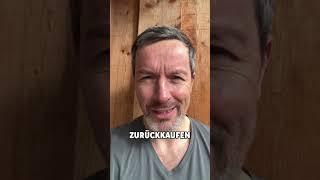
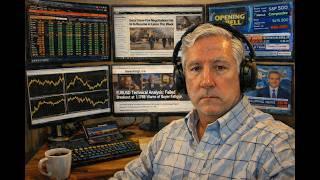
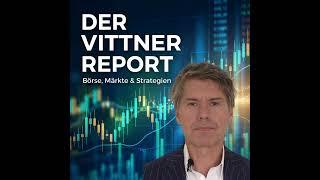
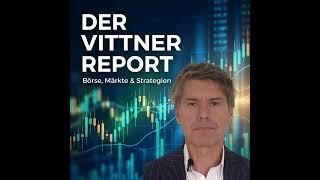
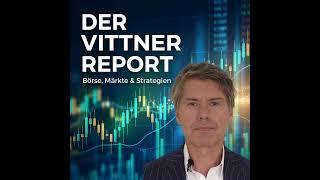
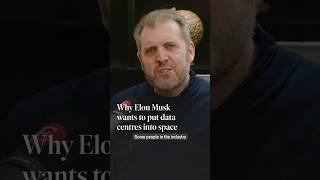





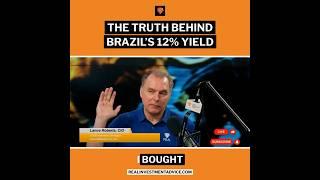

11 pings
Skip to comment form ↓